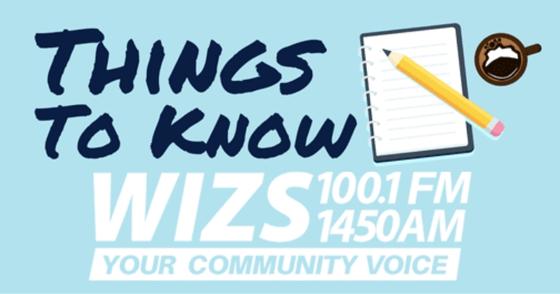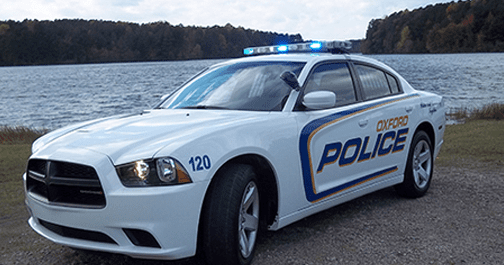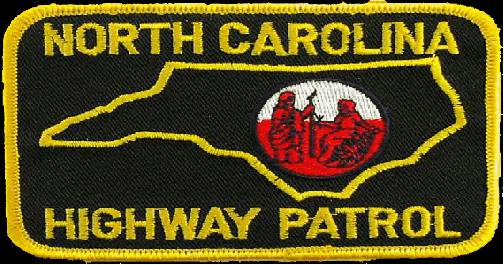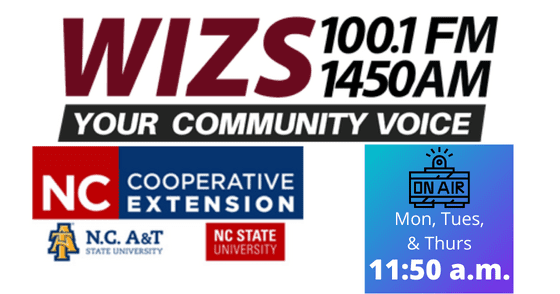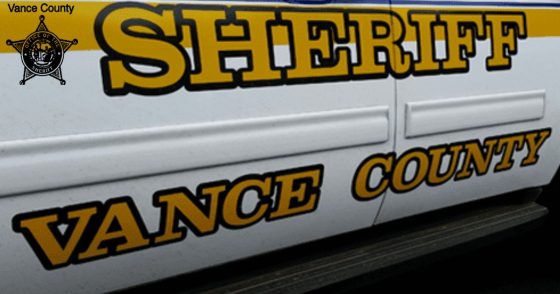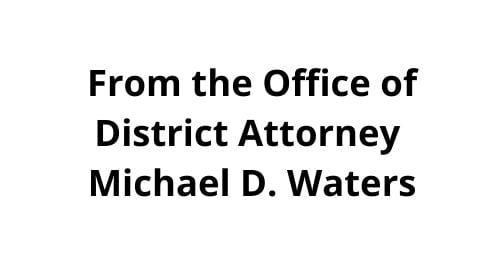State veterinary officials are asking horse owners in North Carolina to watch for symptoms of a highly contagious equine disease following diagnoses of multiple horses in Texas, Oklahoma and Louisiana.
Agriculture Commissioner Steve Troxler said he encourages event organizers to take the outbreak seriously and consider canceling or postponing equine events like sales and shows “as the best method to protect horses from further exposure” to curb outbreaks.
Cases were confirmed Nov. 9 by the Texas Animal Health Commission and the Oklahoma Department of Agriculture, Food and Forestry. Currently, there are no confirmed cases in North Carolina. The disease, equine herpes virus, can develop into a neurological disease called equine herpes myeloencephalopathy, which can be deadly.
The extent of this outbreak is not yet fully known, and the situation is developing rapidly, said State Veterinarian Dr. Mike Martin. Symptoms in infected horses appear to be acute with rapid progression and high clinical severity. Reports of an increasing number of deaths in horses suspected of having EHM are concerning and underscore the need for proactive actions to curb the spread of this disease, Martin said.
“I encourage all horse owners, veterinarians and event organizers to take this current outbreak seriously and implement procedures to prevent further spread of the virus,” said Troxler in a press release. “I encourage event sponsors to take all necessary precautions to prevent further spread of this virus and protect equine health. Given the nature of this virus and routes of transmission, and out of an abundance of caution, I strongly recommend canceling or postponing equine events if possible as the best method to protect horses from further exposure until such time as the extent of the current outbreak has been determined.”
Clinical signs of EHV may not be specific, and some horses may not show any signs of illness. Look for the following symptoms in horses:
- Fever
- Difficulty urinating
- Nasal discharge and cough
- Depression
- Head tilt
- Loss of tail tone
- Stumbling or weakness in the hind limbs that progresses to all limbs
- Down and unable to rise
- Abortion in pregnant mares
EHV-1 primarily affects the respiratory system of horses but can also cause severe neurological disease and death. Symptoms include fever, coughing, nasal discharge and loss of balance. The virus is transmitted through body fluids. It is highly contagious among horses but does not affect humans.
“If you suspect your horse has been exposed to EHV-1 infection, contact your veterinarian,” said Martin. “We request that horses with confirmed EHM or that exhibit neurological signs are reported to the state veterinarian’s office at 919.707.3250.”
All affected horses attended the 2025 WPRA World Finals and Elite Barrel Race event in Waco, Texas Nov. 5-9. The two confirmed cases in Oklahoma also attended the BFA World Championship at Lazy E Arena in Guthrie, Okla., that was scheduled for Nov. 17-22. Due to the confirmed positive cases, this event was canceled, and remaining participants were sent home.
Some states may suspend extended Certificates of Veterinary Inspection (6-month Equine CVI) or may add additional requirements prior to entry. Please contact the individual state for the most up-to-date requirements prior to travel.
“These were large events attended by horses from many states,” Martin said. “Owners of horses that may have been exposed to horses with EHM should work with their veterinarian to establish appropriate biosecurity and monitoring protocols.”
Biosecurity and safety rotocols include:
- Isolating the horses that attended the event for at least 3 weeks
- Having the temperature of returning horses monitored twice daily for at least 14 days after the last known exposure. Fever greater than 101.5 may be the first indicator of disease.
- Clean and disinfect tack, boots, equipment and grooming supplies. Wash hands.
- If fever or other signs consistent with EHM develop, contact your veterinarian.
- When feeding and doing chores, work with the returning horses last, wear boots and coveralls, and remove them before working with your other horses.

